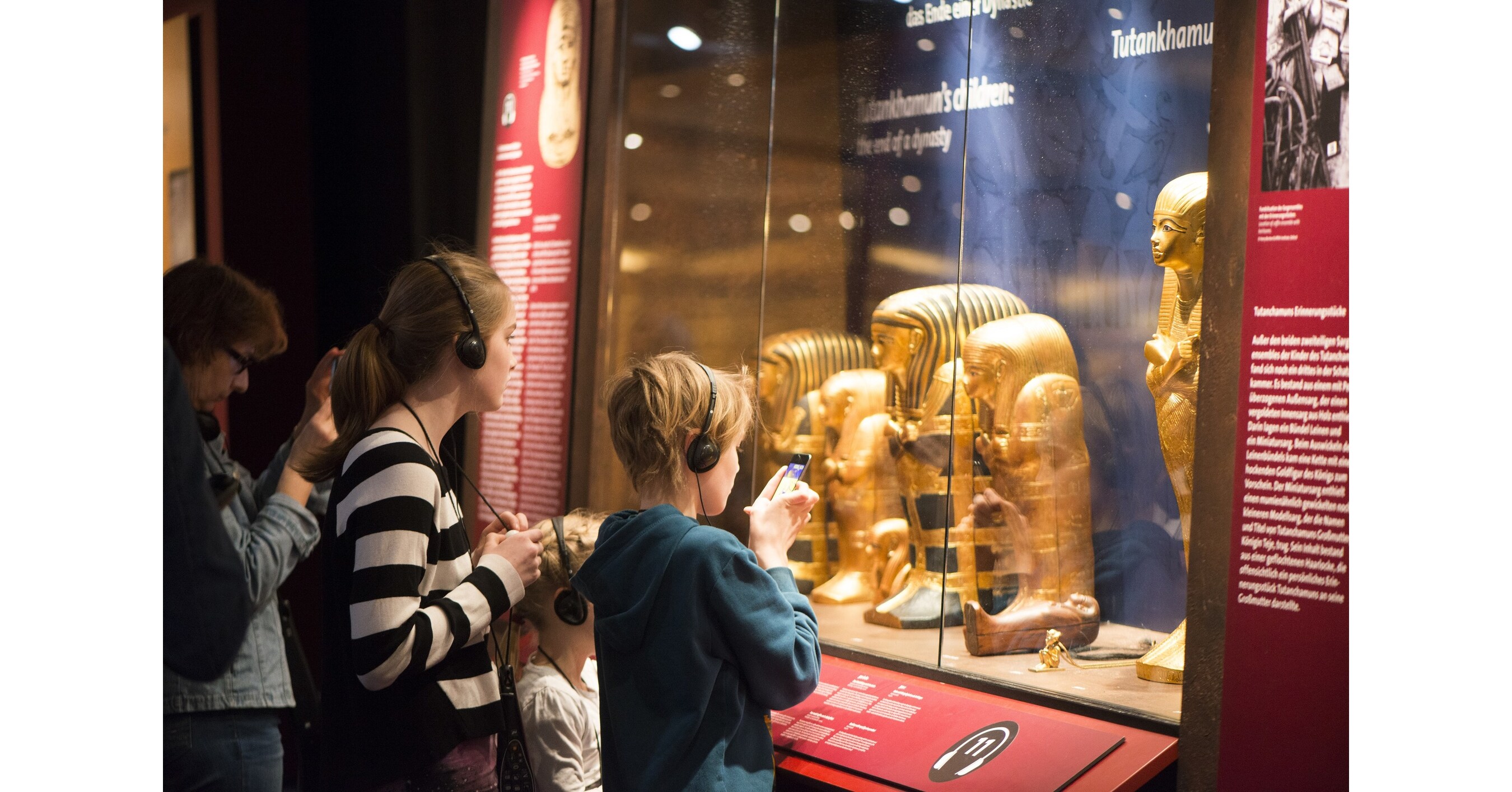“In the fourth month, water is bestowed on the fetus and blood first forms. Appropriate foods are rice, wheat and mud eel, which clarify the blood and brighten the eyes,” reads one passage.
“One who carries a child should boil the heads of baimugou and eat them all by herself. Her child will be beautiful and dazzling, and it will emerge easily,” goes another, as quoted by academic Jender Lee in her paper Childbirth in Early Imperial China (2005).
Queenie Tsay, writing in a 1918 issue of The China Medical Journal, observed that “there are a great many superstitions in connection with maternity work. I will just mention some, mostly nothing more than old native midwives’ foolish imaginations, which are common among the Chinese in Hangchow (Hangzhou).”
The superstitions include the idea that women should use a small rice bowl for their evening meal, “as this will prevent the fetal head from being too large”. In addition, eating dried bean curd sheets was recommended to prevent the developing fetus’ membranes from growing too thick.

Midwives had their own rituals too when arriving at the household, Tay noted. “She should go through the kitchen first, and then touch the chopsticks; the first precaution will ensure the kitchen god keeping off the evil spirit which comes with the midwife, and the second will cause a quick delivery.”
Other popular yang tai literature was filled with medicinal formulas and notations for the expecting mother. Sabine Wilms, writing in the journal Imagining Chinese Medicine, commented that Sun Simiao’s Beiji Qianjin Yaofang – a medical encyclopaedia often referred to as the Qianjinfang – included a list of “dietary prohibitions during pregnancy of a decidedly magical flavour”.
Some believe that ingredients like snake, prawn and crab should be avoided, as it is believed that the child will be born with scaly skin or suffer from rashes if the mother eats them.

Others are more literal, some with a shade of prejudice – for example, women are told to avoid inky ingredients such as black sesame, coffee and soy sauce to prevent giving birth to a baby with a darker complexion, and to opt for ingredients such as milk, ginkgo nuts and strips of dried soya paste “to give the child a smooth and fair complexion”.
“She said that it was good for ‘clearing fetal toxins’ and, if I remember correctly, one of the supposed benefits was clearer skin for the baby,” she says.
Other superstitions rely on wordplay and symbolism.
Cantonese women have long been advised to avoid eating lamb or mutton during their pregnancy, as the term for the meat (yeung) is a homonym for the word epilepsy (faat yeung). Similarly, rabbit should not be consumed in case the child is born with a cleft lip (“rabbit lip” in Chinese).
Such superstitions are familiar to media production coordinator and food influencer Yuki Maryrose Leung, whose mother works as a pui yuet, but it did not stop her from eating lamb during her pregnancy.

“It’s definitely a superstition that you shouldn’t eat lamb because your baby will have epilepsy”, she says with a laugh. “That’s crazy, because it’s not like all Mongolian babies are epileptic!”
She concedes that she did drink milk at the beginning because she wanted her baby to have a fair complexion, but was quickly brought back down to earth by Spencer, her English husband. “He said, ‘your baby is already half-white, it’s not like he’s going to have dark skin!’”
“You’re not allowed to eat gai laan, but you can eat choi sum because it’s neutral. You can’t eat mango because it’s considered damp and heating. Mushrooms are considered damp and toxic. But I ate everything, just in moderation. The few things I fully quit were crab and alcohol, as well as raw seafood and undercooked meat.”

Patricia Chan (also known as Auntie Pat) is a pui yuet who runs confinement cooking courses for helpers through The Family Zone, an antenatal, postnatal and breastfeeding specialist platform in Hong Kong. As a mother to two sons, she has experienced her fair share of superstitious rituals.
“If they eat too much, and they’re very sensitive to that, it will just mess up their body system,” she explains.

During this time, mothers are also discouraged from leaving the house, washing their hair or moving around rigorously. “In the past, new mums and their newborn babies were prohibited to be outside, meeting other people, during their confinement period. It was said that because of their vulnerable state, the evil spirits would disturb them,” Chan explains.
“But now in the modern days we all know that being outside will expose mom and babies to a lot of germs. Nowadays, new mums and babies would still be advised to stay home during the first month, not because of evil spirits but because of exposure to germs.”

Generally, Chan recommends her clients follow a similar ritual with nourishing and warming foods, although she asserts that it does depend on each individual as well as their environment.
“We, as confinement nannies, need to understand each client’s body in order to prepare the foods and create a menu that will enable them to recover better. Some mums going through post-partum, their bodies are very vulnerable.”
“I want to encourage and educate new mothers that we do not actually have to go through those torturous moments that our ancestors did, because we are now in the 21st century.”
The most important thing to Chan when it comes to her clients is their mental health as well as their physical well-being. “I think, in the past, mums did not look after their mental health, which is something that I really emphasise,” she says.
“Not everything is about believing Asian culture blindly.”







